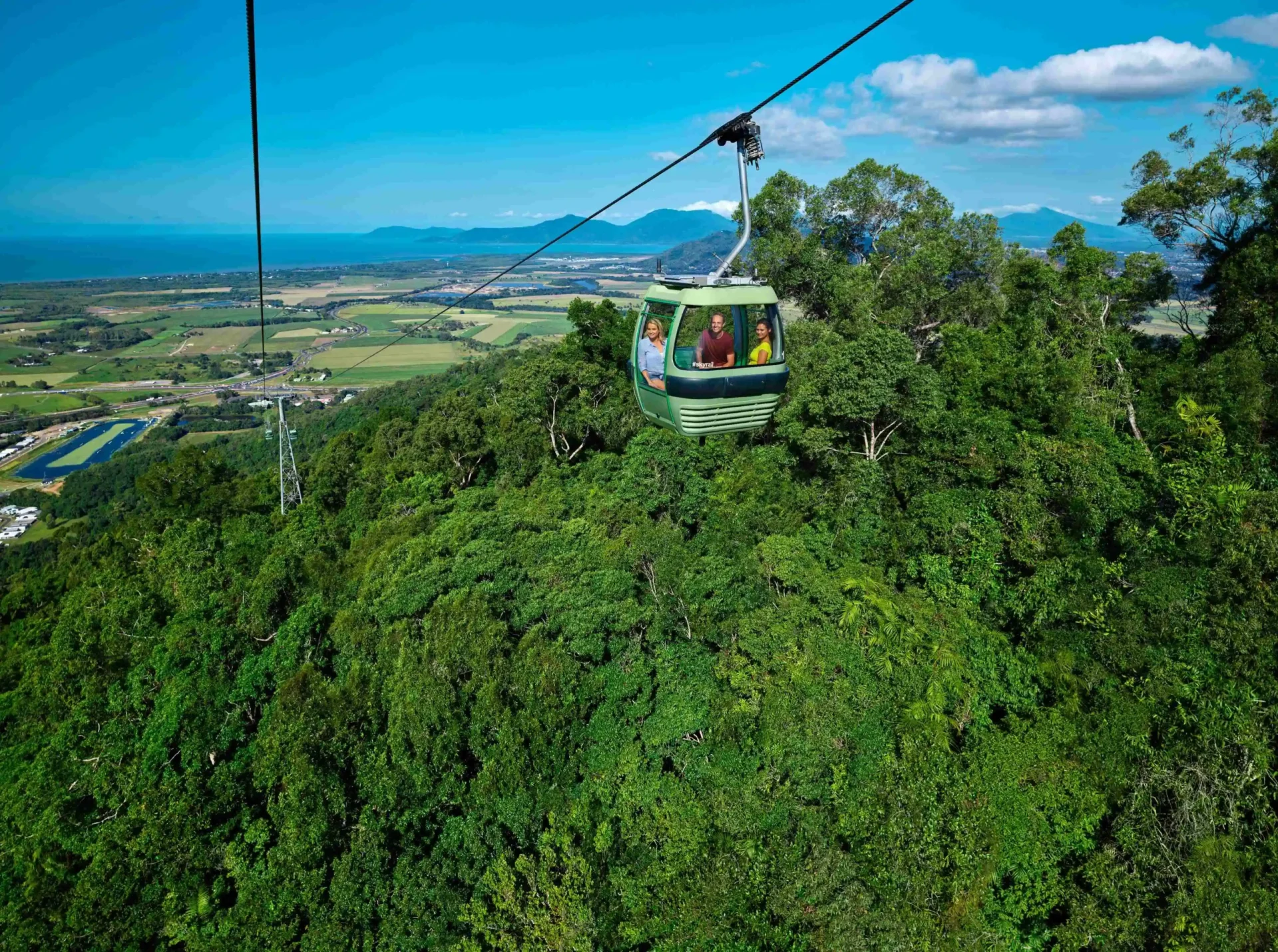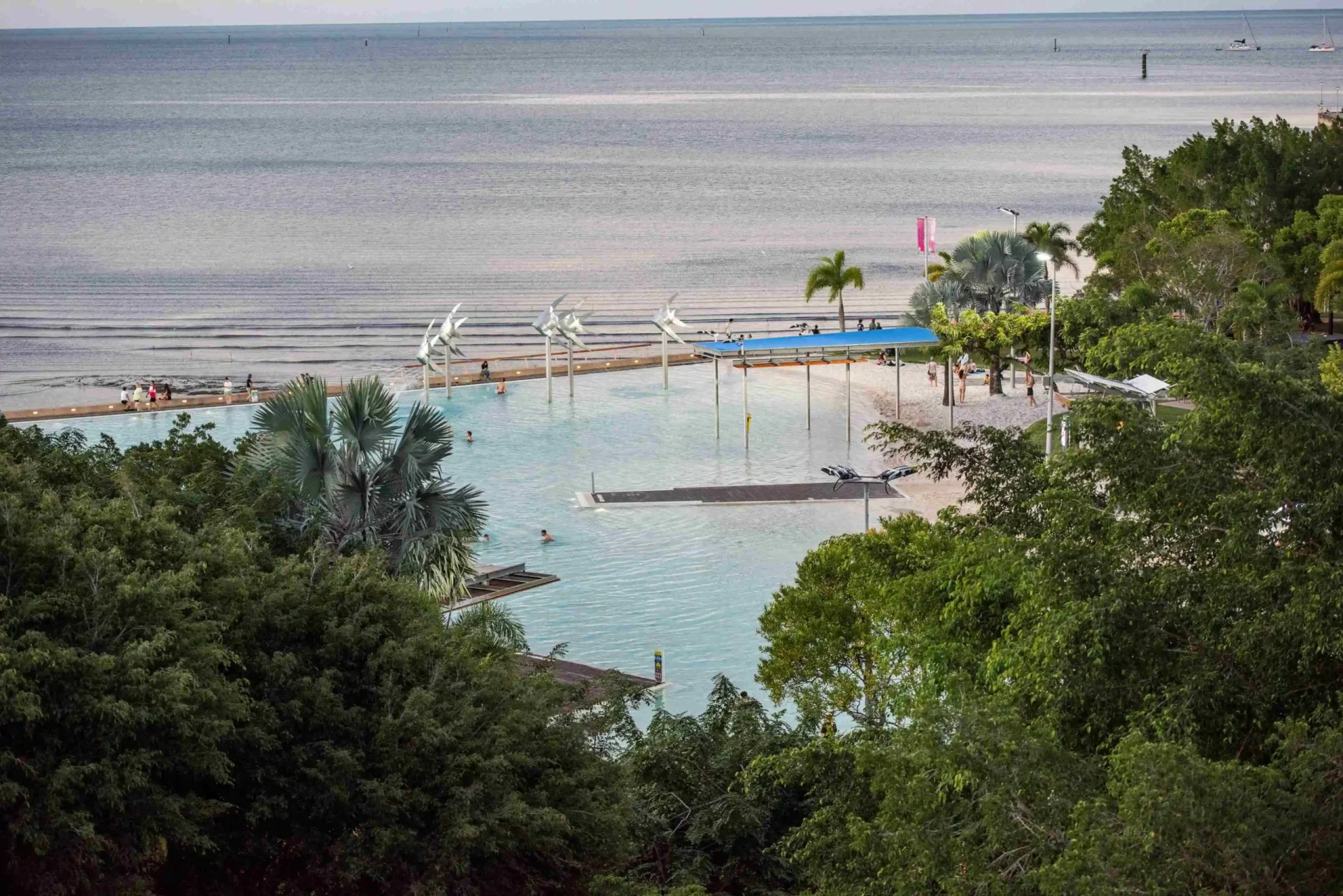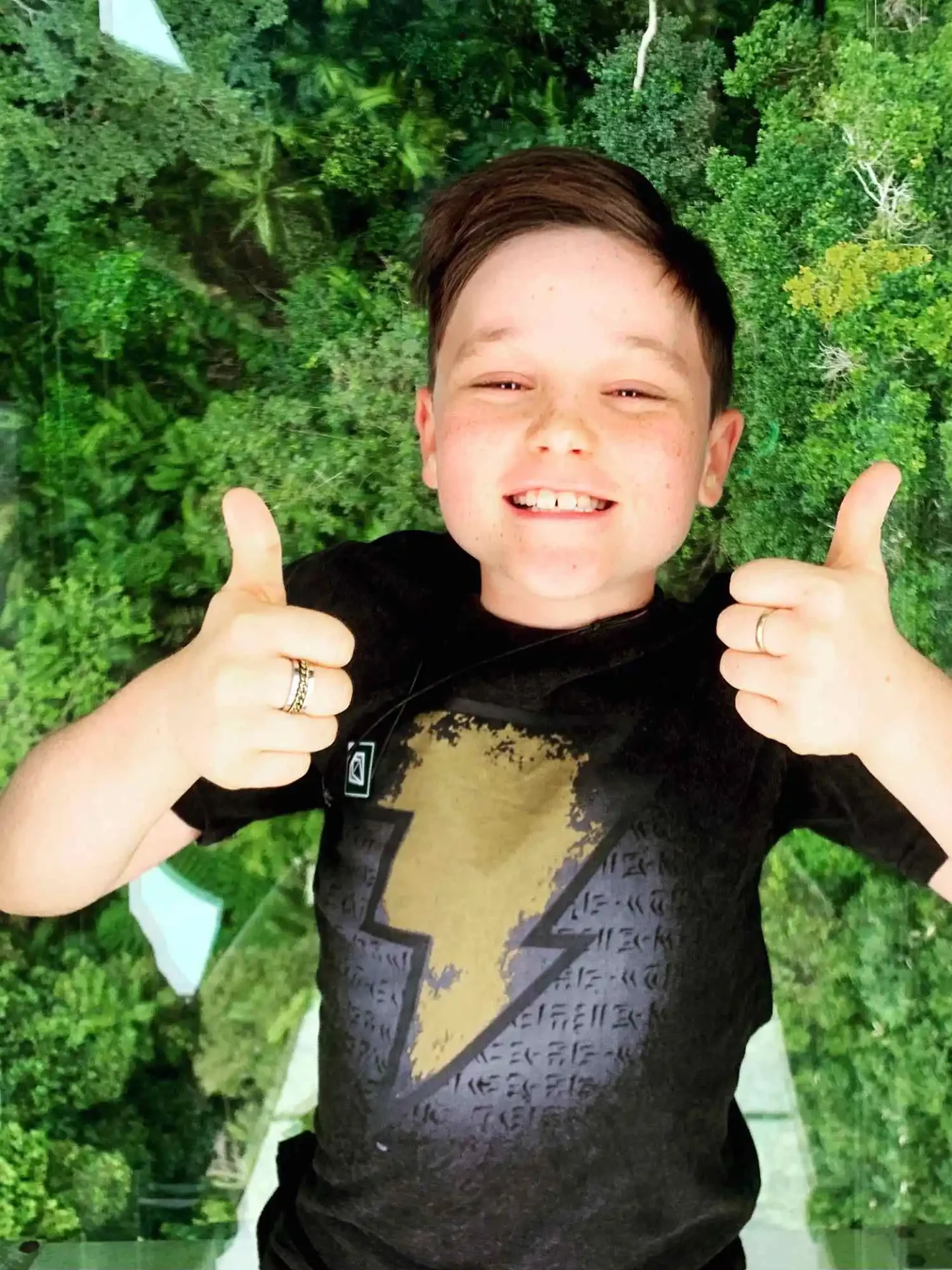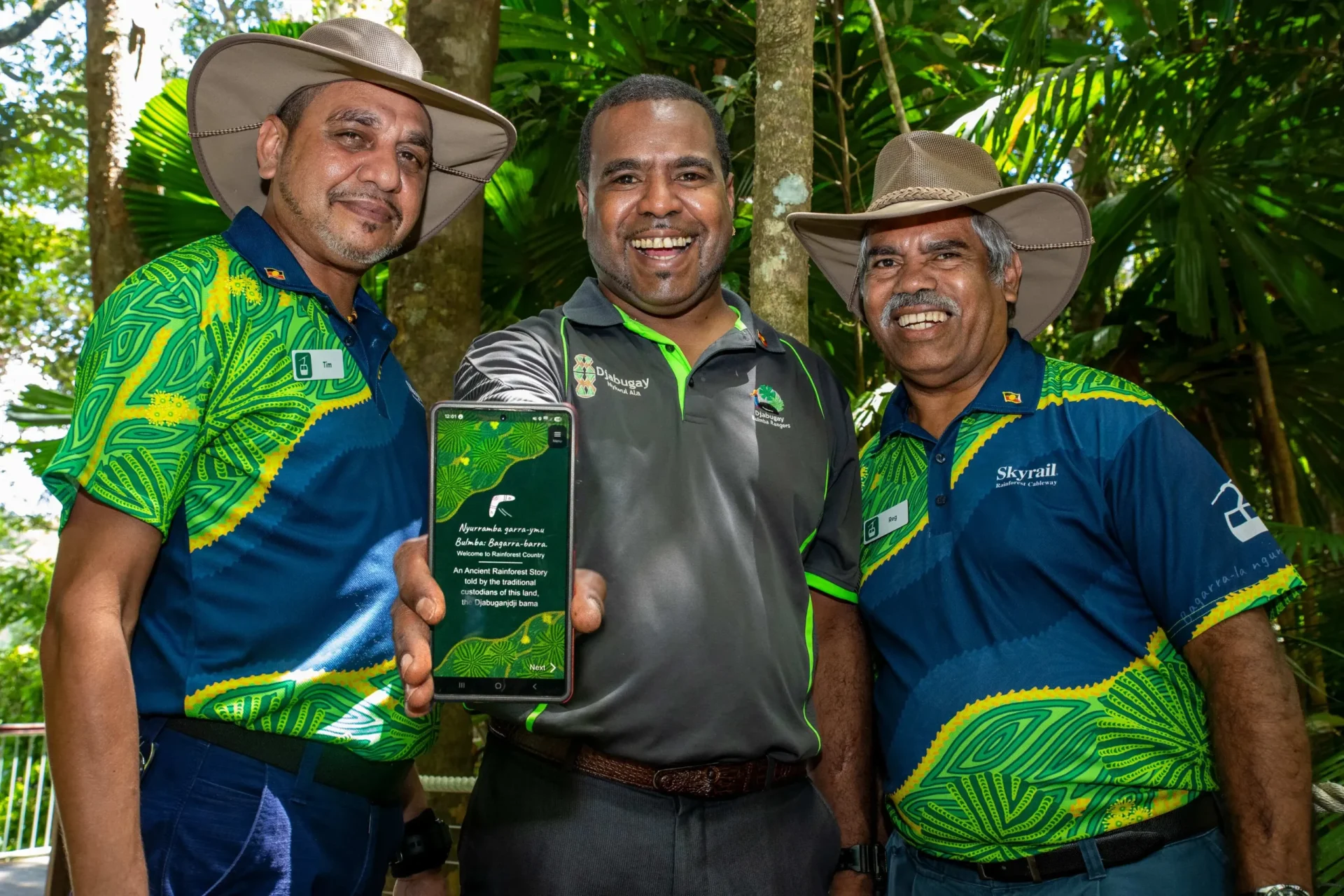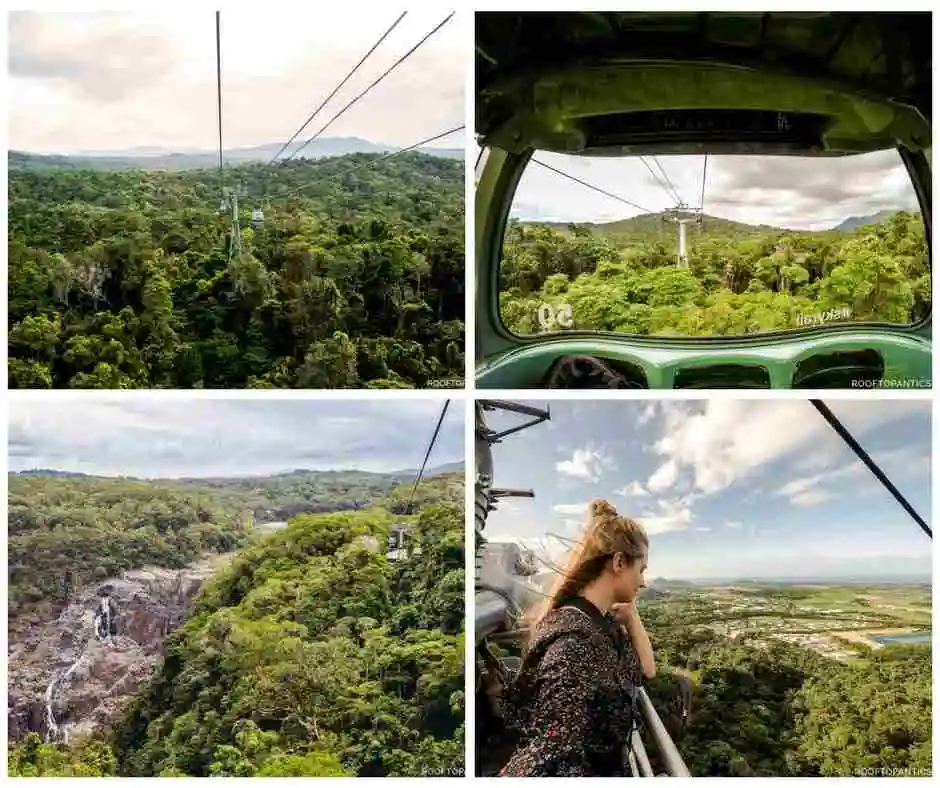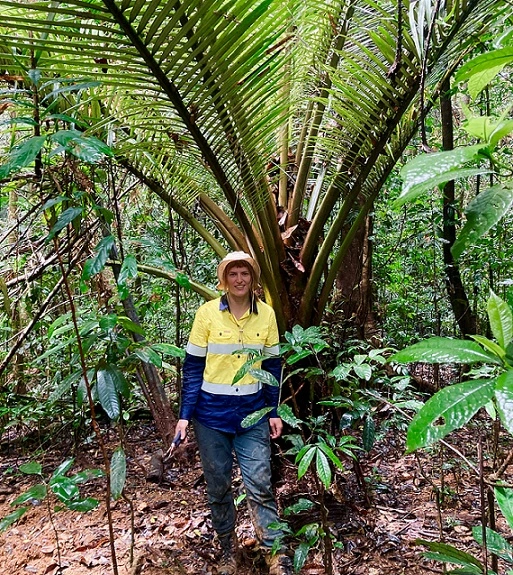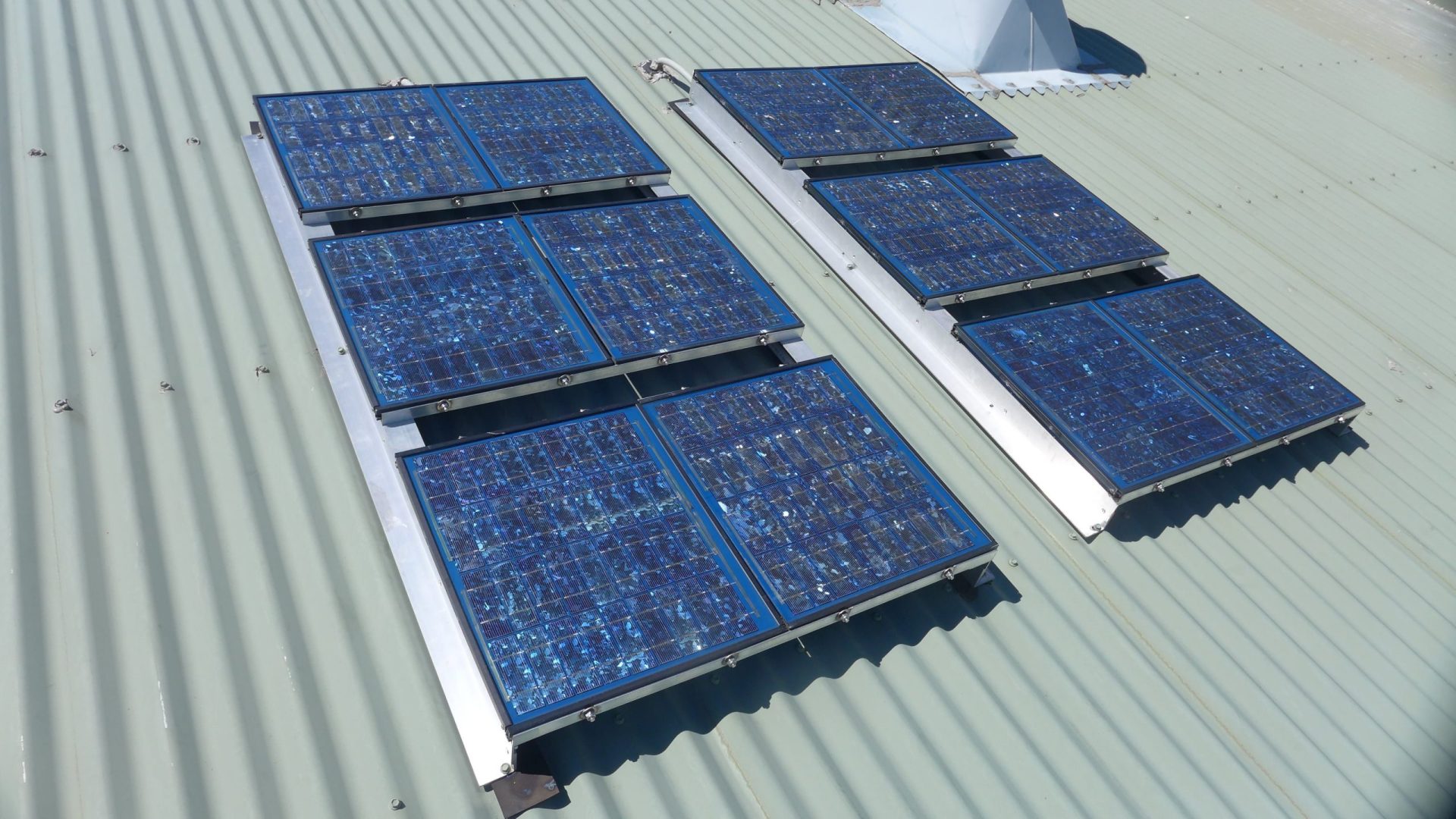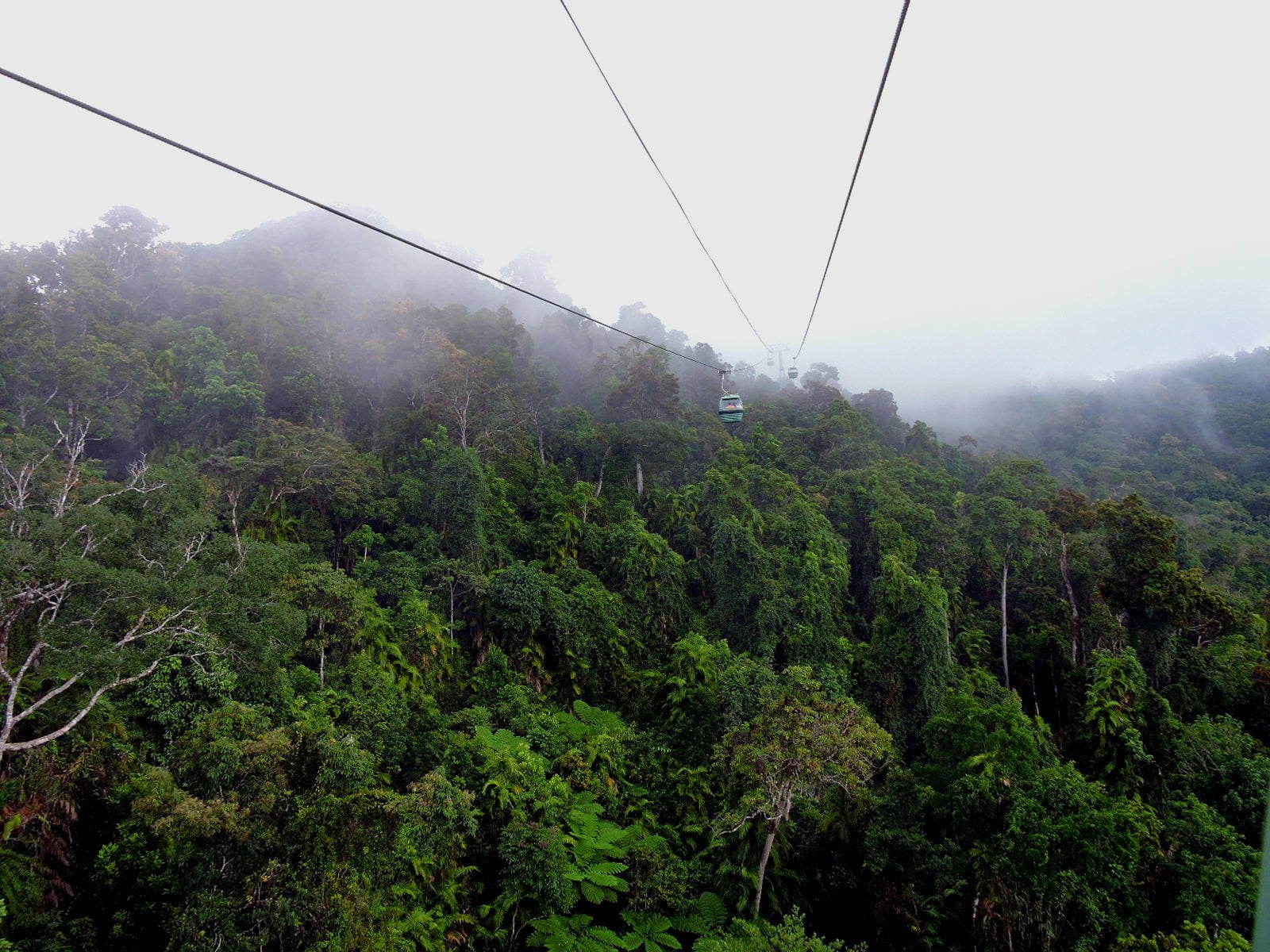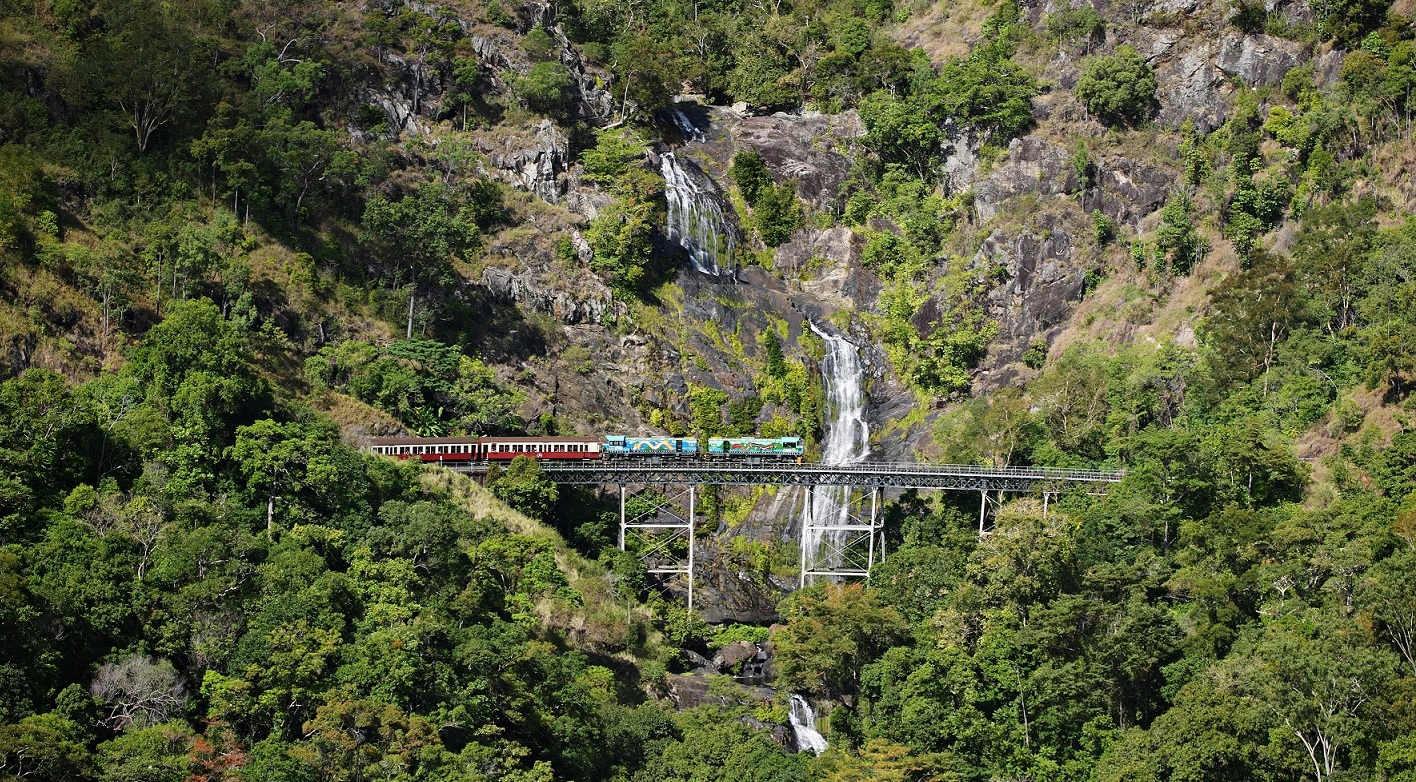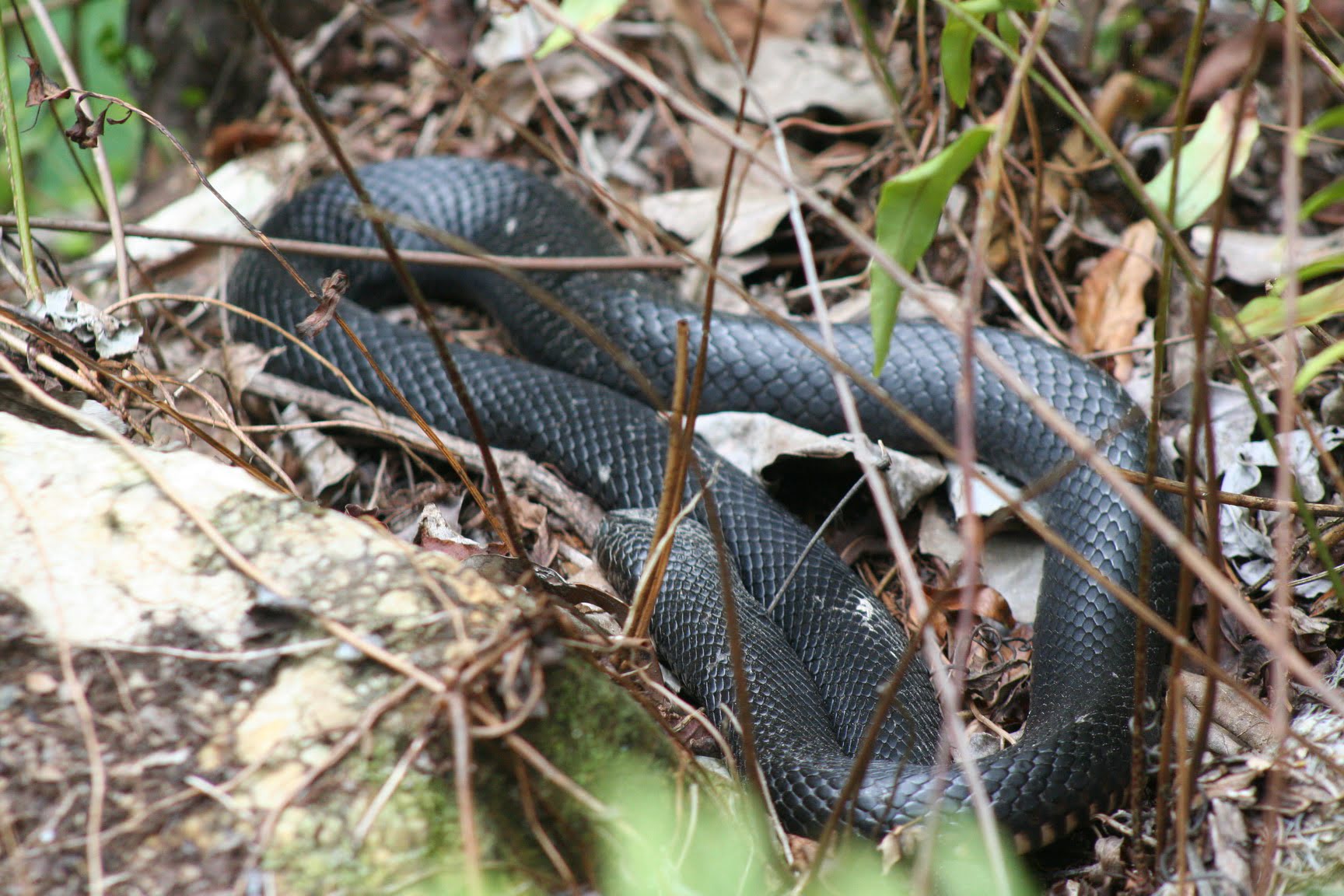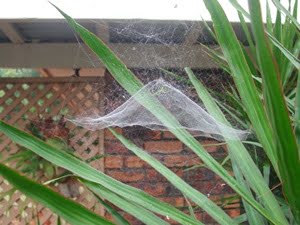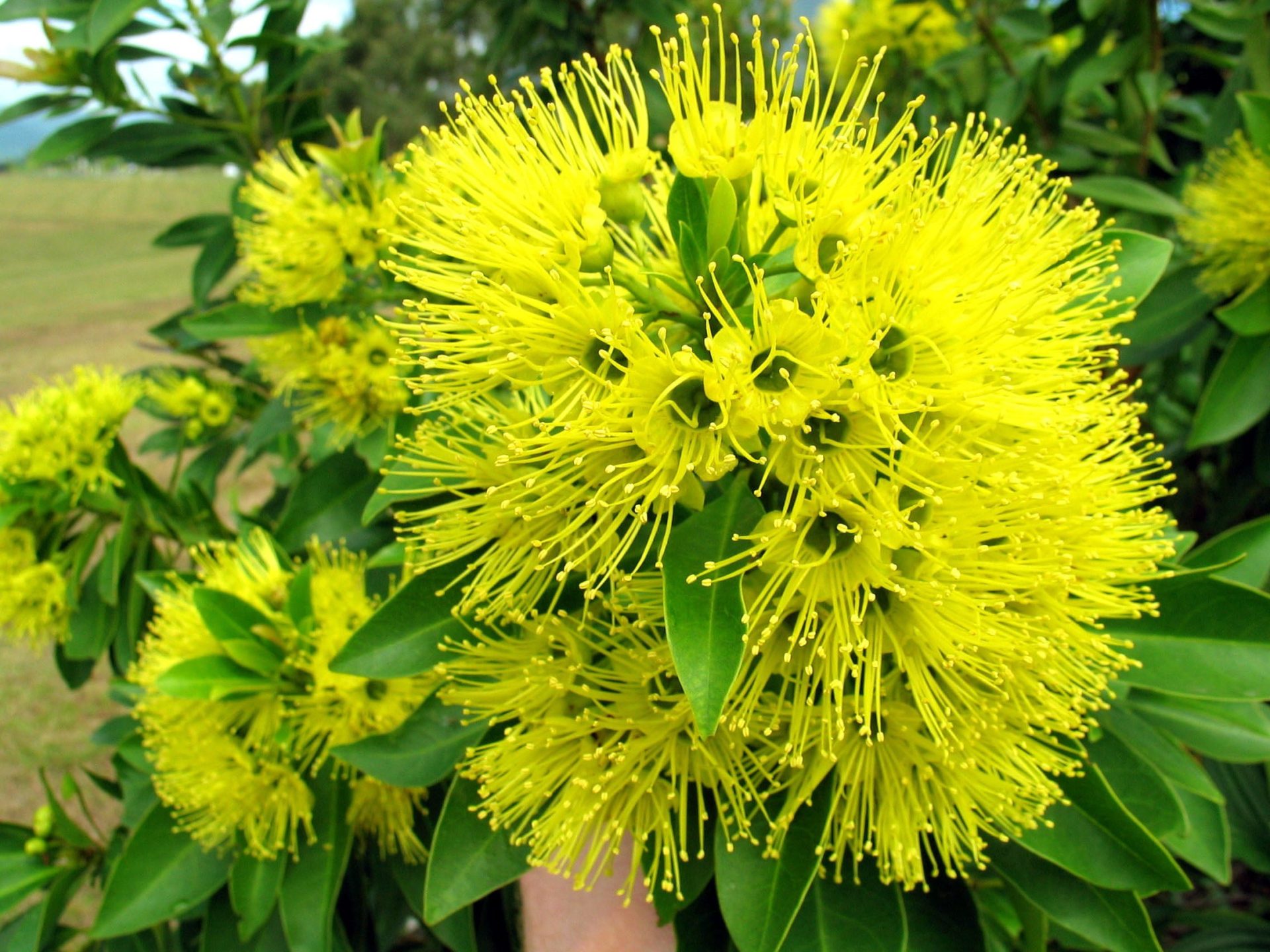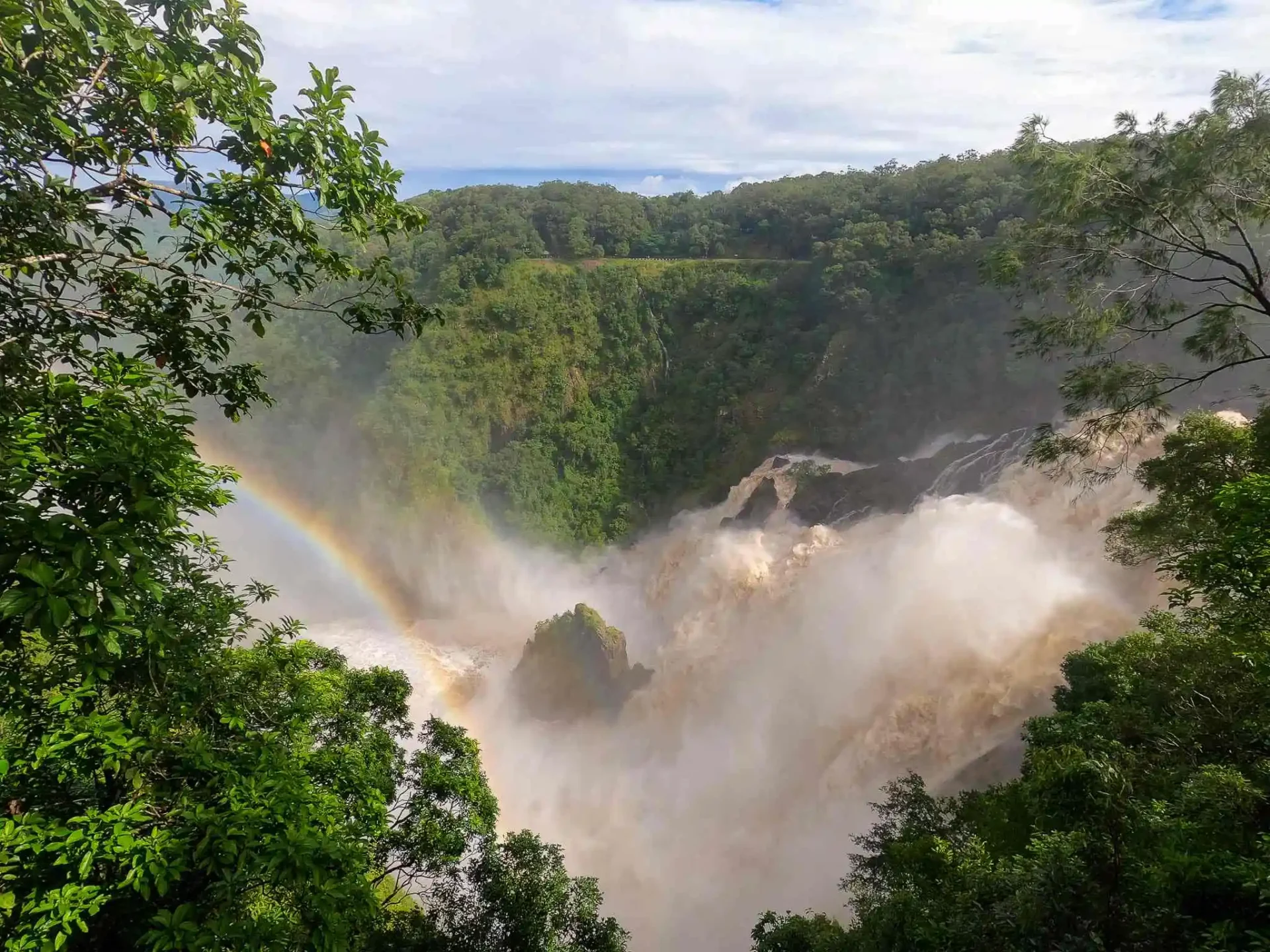Rainforest Flowering & Fruiting
Recent Flowering and Fruiting brings the Rainforest in Cairns to Life
If you travelled with Skyrail into the Wet Tropics Rainforest recently, you would have noticed the rainforest flowering and fruiting in fairly spectacular fashion.
The beautiful Cadaghi fruited last month. The fruits are moderately sized greyish gumnuts. The flowers are small white eucalypt style flowers. The leaves are large for a tree closely related to the Bloodwoods. The leaves have hairy pedicels and veins and new leaves have a reddish tinge. The trunk is greenish in the wet season and contains chlorophyll, which allows the trunks to carry out photosynthesis as well as the leaves.
In the dry season, the bark turns grey and peels off. Cadaghi tends to prefer slightly open areas next to creeks and gullies. In more enclosed situations, these trees tend to be plagued by green ants and sooty mould.

Several Davidson Plums fruited last month, together with a large fruiting Variegated Fig at Barron Falls station which contributed to several sightings of the local Cassowary nicknamed ‘Bendy Top’ and his sub-adult chicks. Davidson Plum fruits are large blue drupes covered in irritant hairs. The fruits contain two very unusual red seed husks that look like ridged wings. The flowers are tiny and pink and are borne on long thin racemes under the tree’s crown. The leaves are very large, distinctly serrated and very hairy. Although not particularly large, these trees are very easy to spot when they grow new leaves due to their striking red color and the presence of anthocyanins.

The Umbrella Trees also started flowering last month. The flowers are pinkish and are followed by large dark red raspberry shaped fruits. The flowers produce large batches of nectar that often ferment. Local Rainbow Lorikeets have been known to “get drunk” after feeding on the nectar of these trees. Both flowers and fruits are borne on large whorls of racemes on top of the tree.
Umbrella Trees are what we call hemi-epiphytes. This means that they often spend part of their life as an epiphyte before turning into a tree. In these cases they start their lives in a Basket Fern on top of a suitable host tree after being deposited there by a bird that ate the fruit. Using the Basket Fern’s mulch as its soil, the Umbrella Tree spends a few years as an epiphyte before sending its roots down the side of the host tree. Unlike the Strangler Figs that often end up killing their hosts, Umbrella Trees rarely do this. An Umbrella Tree usually consists of a clump of thin soft trunks covered in triangular leaf scars. The leaves are huge umbels, a compound leaf with a long pedicel and a whorl of eight large leaflets.
These Australian Tropical Rainforest facts were written by Skyrail Ranger Tore Lien Linde.

